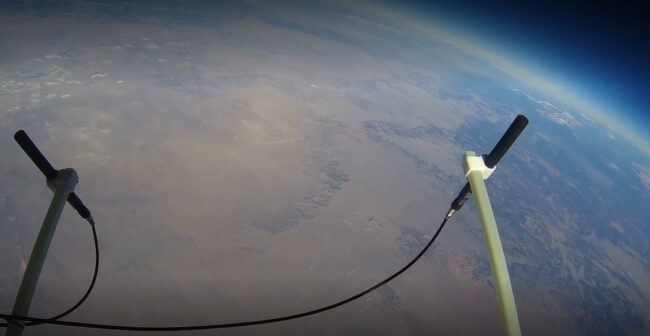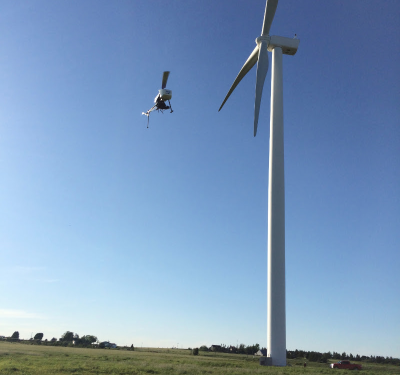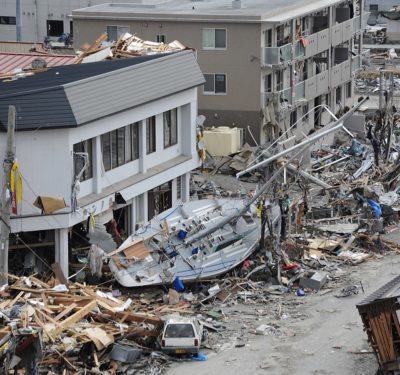
Japan’s SoftBank Corp. announced it has developed a battery pack using a next-generation lithium-metal battery cell manufactured by Enpower Japan Corp. for High Altitude Platform Station (HAPS) stratospheric wireless communication platforms.
SoftBank conducted a charge-discharge cycle test of the battery pack in the stratosphere from Jan. 30 to Feb. 2 in the United States, together with its subsidiary, HAPSMobile Inc.
To realize HAPS-based wireless communication services, it is essential to develop next-generation batteries with a high specific energy that can be operated in the stratosphere. Although the battery pack was previously tested in a test chamber that simulates the temperatures and atmospheric pressure of the stratosphere, the demonstration marked the first time for SoftBank to successfully test the battery pack in the stratosphere. The tested battery pack for HAPS was developed in cooperation with ENAX Inc.
Compared to commercialized lithium-ion batteries, lithium-metal batteries have a higher specific energy and are known to improve cycle life by applying high constraint pressure during charging and discharging. When long-life lithium-metal battery cells are assembled into a battery pack, an increase in component weight due to a constraint mechanism poses a development challenge, Softbank said. Also, since a battery pack for HAPS needs to operate correctly even in stratospheric conditions at extremely low temperatures of around -60°C, it is necessary to develop a temperature control system that includes heaters and insulation materials to maintain a constant temperature.
SoftBank developed, in collaboration with Enpower Japan, next-generation lithium-metal battery cells with a world-class specific energy of 439 Wh/kg and an electrolyte that is less prone to gas generation in stratospheric environments with low atmospheric pressure. And, in cooperation with ENAX, SoftBank developed battery pack components that included a constraint mechanism, heaters and insulation materials, and succeeded in reducing the weight of each component. This achievement brought the companies closer to building a battery pack with a specific energy of 300 Wh/kg, which exceeds the approximate 190 Wh/kg of battery packs for HAPS that use commercially available high-performance lithium-ion battery cells.
In the near future, SoftBank aims to develop a large battery pack as a power source for HAPS operation. In addition to HAPS, SoftBank will consider using the battery pack for industrial drone applications.





